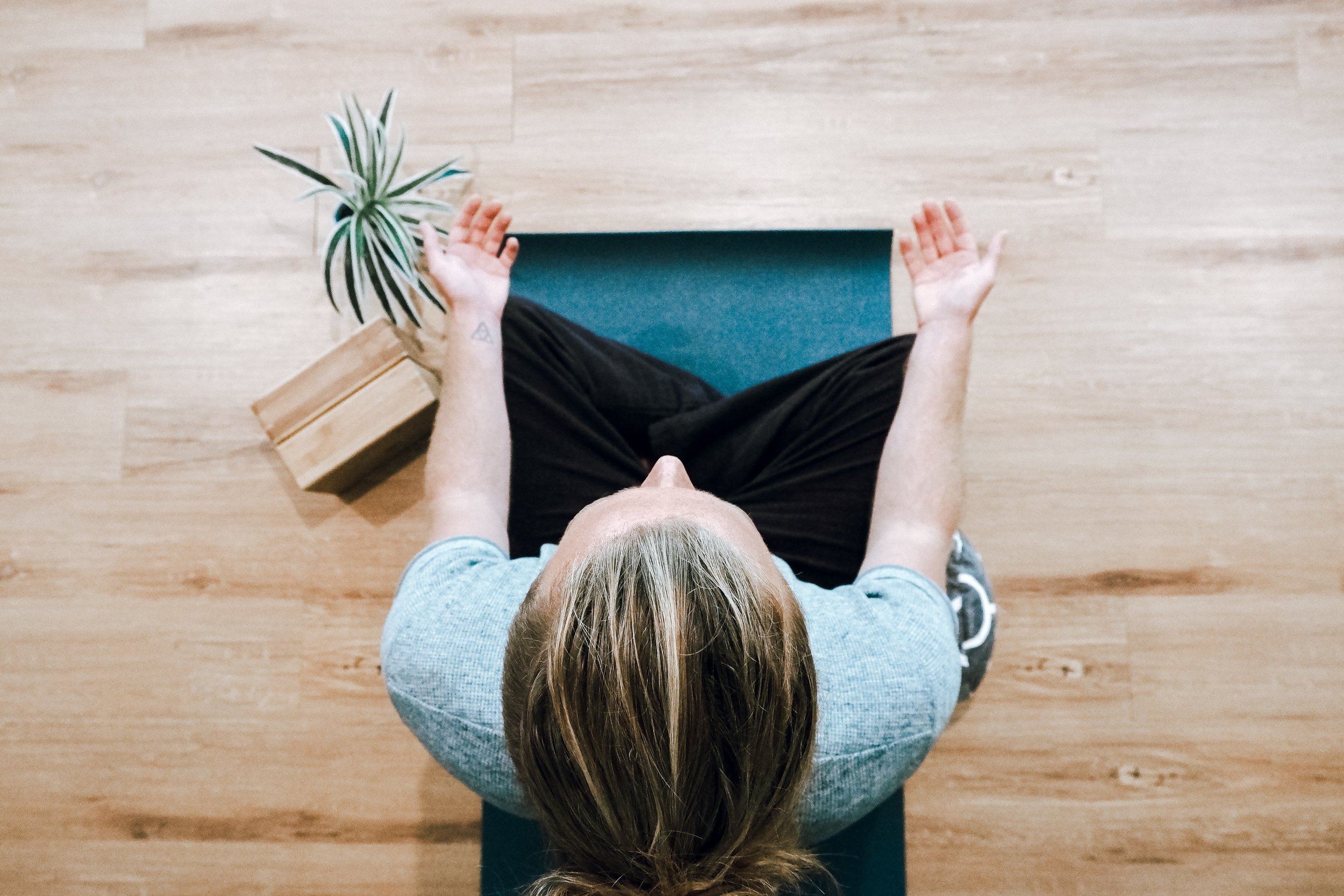THE BENEFITS OF MEDITATION: HOW TO GET STARTED
Meditation is a powerful tool for the challenges and demands of the modern world. Meditation offers a means to find inner peace, improve well-being, and cultivate a more balanced and meaningful life (Mayo Clinic, 2023).
Meditation is increasingly recognized as an important practice in today's world due to several reasons:
Improved Mental Health: Meditation practices like mindfulness have been incorporated into various therapeutic approaches and have shown promising results in enhancing emotional resilience and promoting positive mental states.
Focus and Concentration: Meditation trains the mind to be more focused and attentive. Regular practice can improve concentration, enhance cognitive abilities, and promote clarity of thought.
Connection and Empathy: Meditation practices, such as loving-kindness meditation, can cultivate feelings of compassion, empathy, and interconnectedness with others. By developing these qualities, individuals are more likely to build healthier relationships and contribute to a more compassionate society.
Getting started with meditation is a simple process. Here are some steps to help you begin your meditation practice:
Find a quiet and comfortable space: Choose a peaceful environment where you can relax without distractions. It could be a quiet room in your home, a park, or any other place where you feel relaxed and calm.
Set aside dedicated time: Start with a realistic and manageable duration for your meditation sessions. It can be as short as 5-10 minutes and gradually increase as you become more comfortable with the practice.
Adopt a comfortable posture: Sit in a position that allows you to be alert and relaxed. You can sit on a cushion or chair with your back straight, shoulders relaxed, and hands resting comfortably in your lap. You can also try lying down if you tend to get too tense while sitting.
Focus on your breath: Begin by gently closing your eyes or softening your gaze. Direct your attention to your breath, noticing the sensation of the breath entering and leaving your body. Use the breath as an anchor to bring your attention back whenever your mind starts to wander.
Be patient and gentle with yourself: Meditation is a skill that takes time and practice to develop. Be patient with yourself and avoid judging or criticizing your experience.
As a general tip: Start with guided meditations. If you're new to meditation, it can be helpful to use guided meditation apps. These provide step-by-step instructions and help you stay focused during practice.
Apps we recommend :
Meditation can complement and enhance your fitness routine in several ways:
Increased Focus and Concentration: Meditation trains the mind to be more focused and present. By practicing meditation regularly, you can improve your ability to concentrate on the task at hand, maintain proper form, and get the best out of your workouts.
Stress Reduction and Improved Recovery: Meditation helps reduce stress levels by activating the relaxation response in the body, lowering cortisol (stress hormone) levels, and promoting a state of calmness. By incorporating meditation into your routine, you can better manage the stress of intense workouts and facilitate quicker recovery.
Mind-body Connection: By becoming more aware of bodily sensations, you can better listen to your body's needs and signals during exercise. This awareness can help you prevent injuries, avoid overexertion, and adjust your fitness routine based on your body's feedback.
4. Enhanced Motivation and Adherence: By developing mental resilience and determination through meditation, you can stay committed to your fitness goals, overcome obstacles, and maintain a regular exercise routine.
5. Mindful eating and healthy habits: By being mindful, you can apply the same awareness and non-judgmental attention to your eating habits. This can help you make conscious choices, listen to your body's hunger and fullness cues, and develop a healthier relationship with food.




